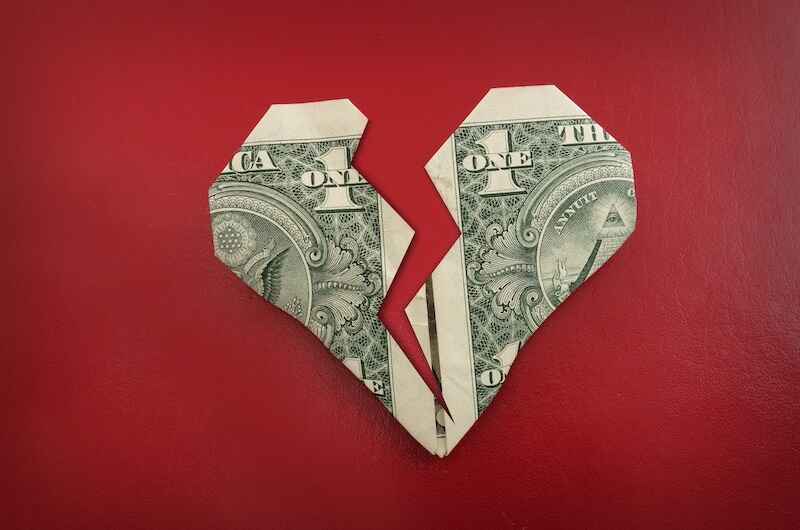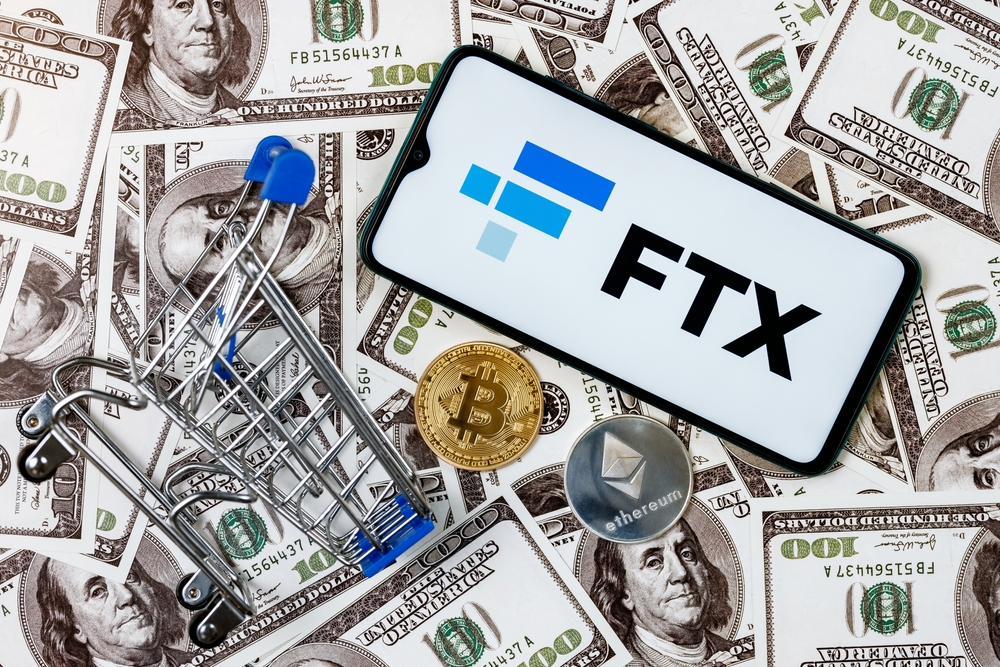As Dr. Joel F. Wade shares below, our relationship to money matters.
Which is why I wanted to share these impressive stats with you…
A $10,000 portfolio following Alexander Green’s system would have turned into $377,900 over the past 25 years.
While $10,000 in the S&P 500 would have turned into only $69,000.
This portfolio worked through bear and bull markets… and during both Republican and Democratic administrations.
In our historical testing, it beat the market over 1 year… 5 years… 10 years… 15 years… 20 years… and 25 years.
The American Association of Investors did a study of stocks over 92 years. And they found that this class outperformed large caps 13-1.
In fact, $1,000 in this asset class turned into $89 million!
So please, if you want to do well for the remainder of 2024 and beyond, join the upcoming training right here.
– Nicole Labra, Senior Managing Editor
The emotional charge around the ideas we’ve been exposed to about money, wealth, and trade is intense.
As I’ve shown in some of my previous columns, our emotions around money plug into our most primal fears…
The allure of hope, and the misery of shame.
It can inspire the ugliest of emotions: envy; and the most benevolent qualities of flourishing and generosity.
Financial success can bring a sense of triumph. Financial abundance can bring a sense of ease. But the lack of money – or the risk of losing it – can inspire a life-or-death level of terror.
And on a fundamental level, many of the ideas we’ve been exposed to about money, wealth, and trade have forced an impossible relationship with our own striving for success. If money is bad and the root of all evil, then we shouldn’t wantthat kind of success, right?
And yet, we need to earn money to buy what we need and want. If we earn more than we need, we feel a sense of ease, we can afford to be generous, we can look beyond our self-absorption with bare survival. We have the leisure to create, to think, to help others, and enjoy beautiful possibilities on this earth.
Do you see the bind this puts investors in?
We’ve been taught by teachers, parents, books, stories, movies, theologians, even great philosophers – not to mention economists – that money and trade are base, vulgar, even evil pursuits.
But we also cannot live without it.
And trade, plus the money that’s been created from it, has brought the most benevolent and breathtaking revolution in the history of mankind; lifting most of the world’s population out of dire poverty (where nearly all our ancestors lived just a few hundred years ago).
We’ve been tangled in knots – trying to make a living, while also trying not to make too much… but always needing more… and fighting the warring internal messages we’ve taken on every step of the way. Like the Ghost of Christmas Past from A Christmas Carol hauls his chains of guilt around – we drag these hobbling ideas with us while we try and make ends meet.
When we don’t make enough, we can fall prey to a sense of victimhood. This can turn us inward, fueling envy, decreasing our empathy for other’s struggles. When we make too much, we can feel guilty for taking actions to benefit ourselves. But in reality, this serves to also lift others with our own success.
The Hard Truth
Money is not magic. It doesn’t fundamentally come from lucky breaks or chance windfalls – though that can happen at times. Luck isn’t the sort of predictable quality we can purposefully strive toward.
Nor is money the root of all evil. The actual saying, of course is not that “money is the root of all evil,” but “the love ofmoney is the root of all evil.” And anything we pursue obsessively and ruthlessly without regard to how we affect others can lead to horrible consequences.
I’d say it’s more accurate to say that money is amoral – it is not intrinsically good or bad, but it has the potential to express either (depending on our relationship with it).
Don’t get me wrong, we can certainly do things that deliberately hurt others to get money, by committing crimes for example.
Rememebr that this isn’t the norm. The most common means of getting money is to create and produce goods and services that other people want and need, which improves life for everyone concerned.
This is important because if our core belief about money is whether it’s bad or evil, then we’ll have to wrestle with this false premise while we try to create our own wealth.
Money is not a cause; it is a means.
It is a medium of exchange; a means of storing and standardizing wealth… period. Like a catalyst, it enables transactions to take place more easily, efficiently, and quickly with it, than without it.
Money doesn’t make us good or bad people. That’s up to us. Each of us must struggle against bad habits, self-absorbed ignorance, and hurtful reactions; and strive for more love, curiosity, and kindness…
Some people have some darker demons to wrestle with personally, that draws them to purposefully do harm. But don’t put that on money. Money is only a servant doing what we wish to do with it.
With the “Great Enrichment” of the past couple centuries, we can see that greater wealth among regular people has been pretty darned good. Not perfect, not immaculate, not impeccable… but infinitely better than the alternative of dire poverty that nearly all of our ancestors lived with for millennia.
With some of my earlier columns, we’ve come to understand what money is, how the tremendous wealth that we enjoy today has been created, and how this has changed our relationship to money.
My hope is that this will help you create a strong and benevolent premise from which to manage and master your relationship to money.
Credit: Source link














